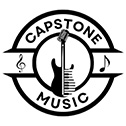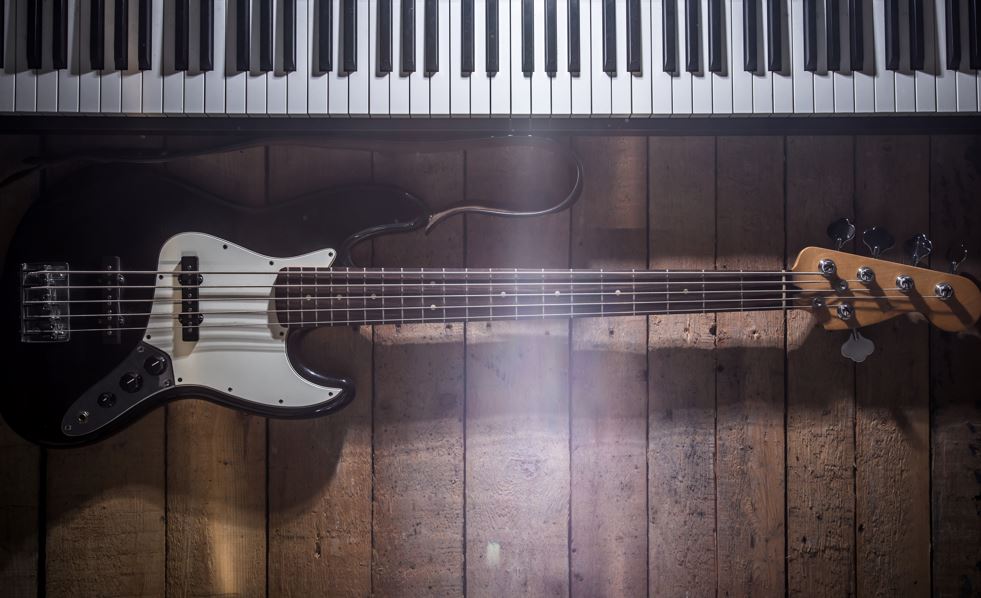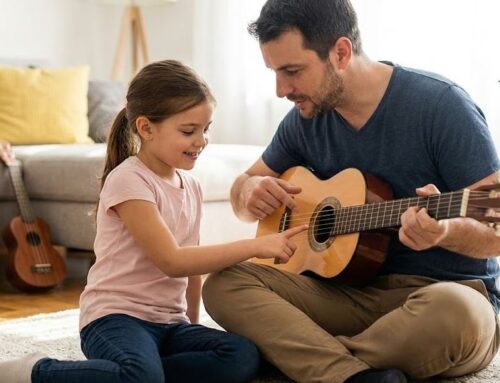Learning a musical instrument is often a life long process and hobby. While deciding on an instrument to learn can be a difficult choice for some, many budding musicians actually have a pretty good idea of what instrument they’d like to start with. Once a musician feels like they’ve gotten a pretty good handle on one instrument, it’s not uncommon for them to try to challenge themselves with something new. Afterall, if they’ve learned the basics of playing music, it should be pretty easy to apply to a new instrument, right?
Should I switch from piano to guitar?
One of the most popular instruments that people choose to learn first is the piano. While it may not necessarily be the easiest instrument to learn, the skills that students will gain will stay will them for as long as they play music.
Probably the most common path of musical education is for piano students to switch over to the guitar. When it comes down to it, there are few drawbacks to knowing how to play more than one instrument, so if you feel the call to try something new, go for it!
At Capstone Music, we’ve been delivering award-winning music lessons in Burlington for over 15 years. That means great teachers and your choice of instruments – from piano to drums to your own instrument, vocals. Join us!
Tips for learning a second instrument
Although there’s no direct guide to adding a second instrument to your repertoire or trying to learn two at once, there are a number of tips that can help make the process a smoother one. Some things to keep in mind include:
Remember what you’ve already learned
When learning your second instrument make sure that you apply everything that you’ve already learned with the first. Things like keeping a rhythm, playing intervals, reading music and playing in time will all be just as relevant when learning how to play the guitar or another instrument.
Set goals
One of the best ways to ensure that you keep up with your lessons is to set goals for your learning progress. Whether you’d like to play a full song all the way through, perform in front of someone or master a complicated section of a song, having a goal in mind will help push you along.
Focus on your technique
Especially if you started with the piano, you likely have a good grasp of how to read and play music so your focus can change a bit with your second instrument. Focusing on your finger placement on the strings and hitting the perfect notes can help you master the guitar. Try learning a song that you already know how to play on the piano to see how they compare!
Don’t start lessons too soon
If you don’t have a solid proficiency in your first instrument, trying to learn a second one might confuse the process. However, if you’re ready to move on and want to move to something fresh and new – you make the rules!
Don’t play one right after the other
Until you have a pretty fluid comfort level with both instruments, switching back and forth without allowing your brain and body to take a break in between can often lead to confusion and burnout.
Stay dedicated
Learning to play two instruments can mean quite a bit of practice time. It’s important for your skill development that you continue to practice both instruments regularly, and don’t just forget about one as you move on to the next. If you really want to know how to play multiple instruments, you’ll have to be prepared to spend time practicing with each of them.
Having fun is the most important part
When it comes down to learning one or more musical instruments, the most important factor to consider is whether you are having fun. If music lessons feel like a chore, practice time is like pulling teeth and you’re not enjoying the progress you’re making, the likelihood that you’ll retain the things you’re learning decreases significantly.



